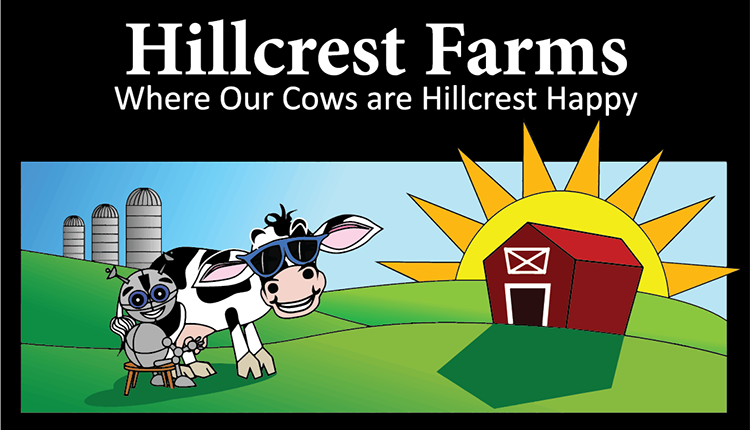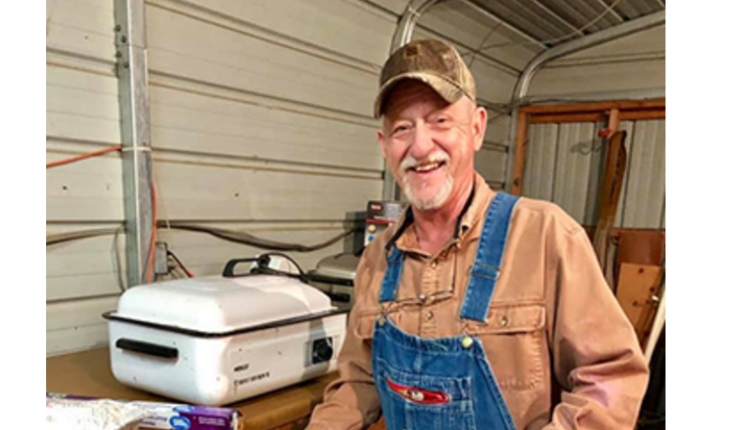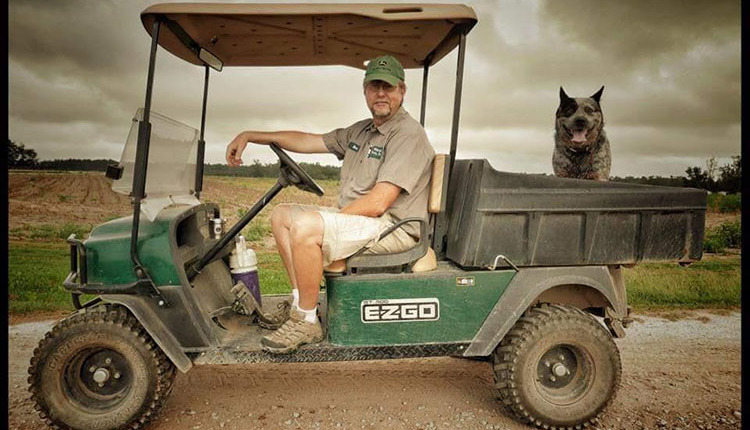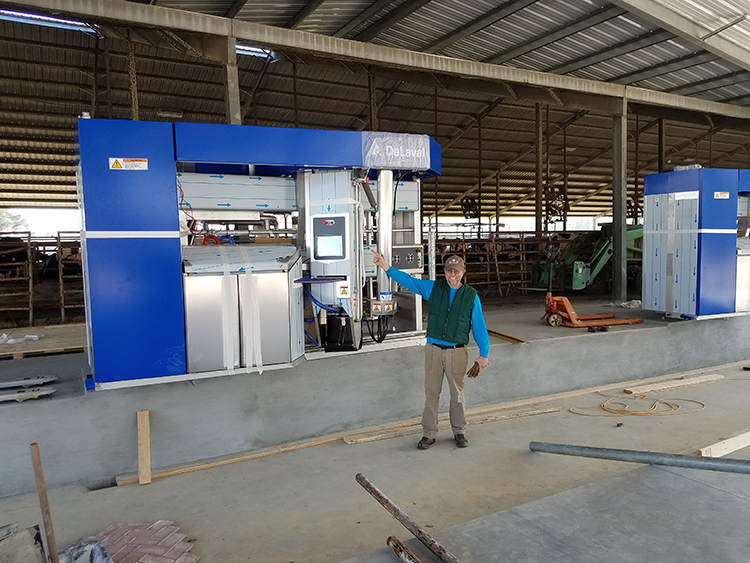
When we started thinking about robotic milking, I had to look outside our region of the U.S. for ideas. We didn’t know of any robotic milking units in the Gulf Coast or Southeastern states, so we toured robot dairies in Michigan, Indiana, Wisconsin, and Minnesota. The farmers who allowed us to visit were great, and we learned a lot.
One young farmer suggested I follow a robotic milking group on Facebook. He told me it was a farmer-helping-farmer page, and the advice he received there had been helpful. My new friend said there was always some dairy farmer awake somewhere around the globe who would make a suggestion on how to correct a problem or question he might have with his robotic milker. If he had a breakdown at 2 a.m. and posed a question on this group’s page, he often got advice on how to repair it fairly quickly.
I now have joined several robotic groups on Facebook and am getting an ongoing education in the field of dairy robotics. It is a great place to get ideas, see the challenges that arise from robots, and obtain some real-world goals for my cows once we are robotically milking.
I would suggest to anyone considering a brand of robots to use the search bar on the top of your Facebook page. Enter whichever brand of robot that you are interested in, research the magazine articles and posts that pop up, and join the pages and groups that look helpful. This gives you access to the farmers who operate robots on a daily basis. It will help with decisions on which robot to purchase, how to configure them, and realistic stocking densities to fit your operational goals.
Franklin Roosevelt once said, “I am not the smartest fellow in the world, but I can sure pick smart colleagues.”
Take the opportunity to get ideas from dairy farmers around the globe and let them share what they have learned about robotic milking with you.
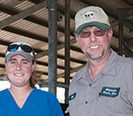
Mark and Caitlin Rodgers are dairy farmers in Dearing, Georgia. Their “Father and Daughter Dairy Together” column appears every other Thursday on HD Notebook. The Rodgers have a 400-cow dairy that averages 32,000 pounds of milk. Follow their family farm on Facebook at Hillcrest Farms Inc.






